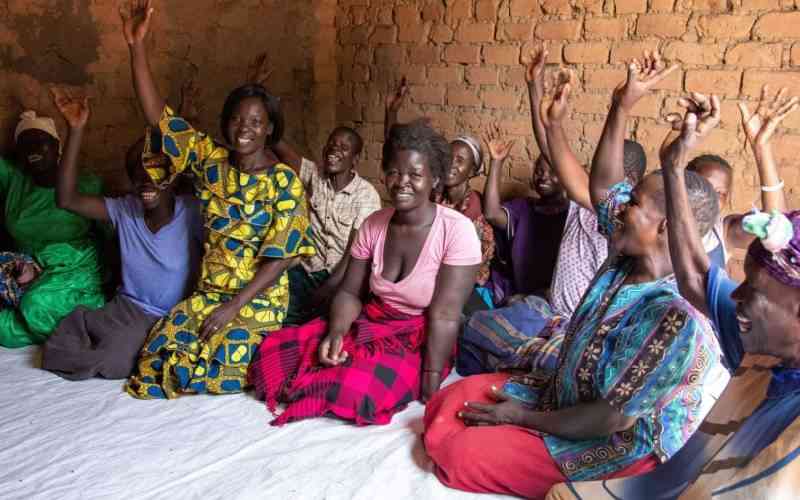
Kampala looms spectacularly from the fifth floor of the swanky hotel with a curious menu of "Indo-African" dishes.
I assume, erroneously, that the dishes combine culinary influences from Africa and the Indian sub-continent. I settle for a chicken curry and naan bread with garlic slapped on, half-cooked, I suspect.
Well, I don't mind half-cooked garlic; I could possibly eat it raw, but I didn't come to Kampala to eat garlic. I'm on transit heading to Gulu. It's the home of the great poet, Okot p'Biket, who is renowned for his pathbreaking collection, Song of Lawino.
But before I can commence my journey to Gulu, we sit outside to enjoy the balmy Kampala night, with thousands of lightbulbs winking knowingly in the distance. I ask my host if there are blackouts in the city. "Very often," he says in exasperation, adding that the colourful display is then replaced by a sprinkling of spaced-out blobs of illumination.
I don't understand why Uganda, the regional powerhouse in hydropower generation cannot supply her own citizens, even though Kenya relies of her neighbour's supply. I get a taste of those blackouts soon after; a flicker of lightning flashes, followed by a clap of thunder. As in Kenya, Ugandan powerlines lose charge when rained on.
A power generator kicks up, throwing a massive rumble that turn the funky establishment into Korogocho. Korogocho is the cacophony that follows, punctuated by a massive storm that turns the metal stairwell into a tin-roof.
I'm cranky in the morning, but there is a trip ahead. I was last in Gulu nineteen years ago, on the trail of Joseph Kony, the rebel leader who led the Lord's Resistance Army.
The insurgents raided homes to abduct children, with boys conscripted to fight, as girls were turned into sex slaves. The scars from that war are still visible - there's still a high military presence - but Gulu has earned city status and it's on a rebound.
An art installation of the elephant welcomes you to the home of a popular beer brand; billboards announce the arrival of a major motor vehicle assembly. Where people can afford cool drinks and fine rides, one can say they are on the way up.
But the road feels slippery; a key driver of the Gulu economy, now and in the past, is the NGO-sector. Our abode for the week is dominated by UN vehicles and other regional humanitarian organisations. Their main offering is training facilities.
The establishment is decent enough, it includes elevators and electronic keys. But the accommodation is a little tight: a handwash basin is squashed in a corner, where you can only access it sideways. And the mirror can only reflect your partial face.
Things get tighter in the bathroom: The sink is blocked. A cleaner comes to take a look and drains it by mopping up the water. In the next room, a colleague says water is not flowing in the cistern; another reports his cistern runs nonstop. And the writing on the wall in the shower instructs: Please allow some 10-15 minutes for the hot water to flow.
This wastefulness typifies the challenge ahead: if the new city of Gulu cannot recycle such enormous volumes of water, if the maintenance of basic plumbing seems like rocket science, when donors' work is done and they move to the next crisis zone, then the people of Gulu will have to inaugurate new strategies for survival.
But since they have survived the worst, they know must better. And Kampala can remain in the dark, while lighting the rest of the region with its hydro power.
 The Standard Group Plc is a multi-media organization with investments in media
platforms spanning newspaper print
operations, television, radio broadcasting, digital and online services. The
Standard Group is recognized as a
leading multi-media house in Kenya with a key influence in matters of national and
international interest.
The Standard Group Plc is a multi-media organization with investments in media
platforms spanning newspaper print
operations, television, radio broadcasting, digital and online services. The
Standard Group is recognized as a
leading multi-media house in Kenya with a key influence in matters of national and
international interest.
